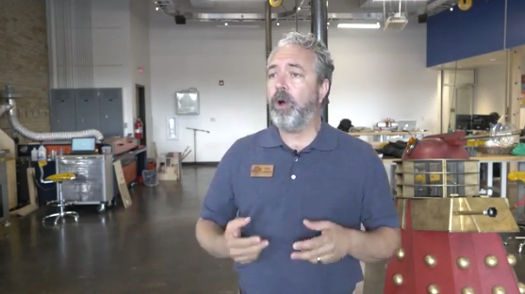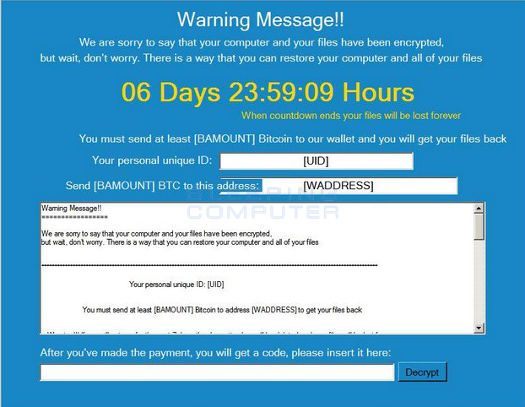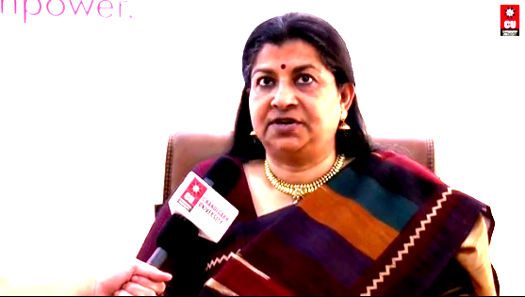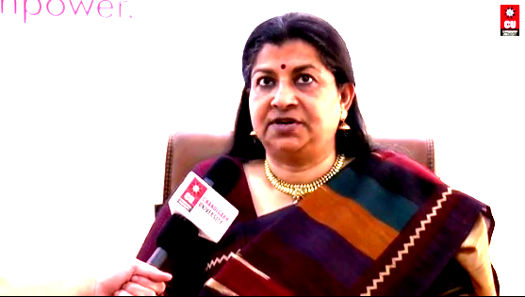Regardless of what you may have read elsewhere, the Linux Mint team takes security very seriously and wants you to keep your system up-to-date.
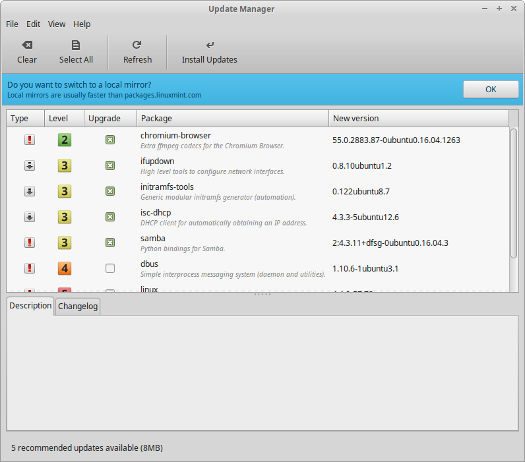
Swapnil Bhartiya gets it wrong.
Let me start by pointing out that Bhartiya is not only a capable open source writer, he’s also a friend. Another also: he knows better. That’s why the article he just wrote for CIO completely confounds me. Methinks he jumped the gun and didn’t think it through before he hit the keyboard.
The article ran with the headline Linux Mint, please stop discouraging users from upgrading. In it, he jumps on Mint’s lead developer Clement Lefebvre’s warning against unnecessary upgrades to Linux Mint.





